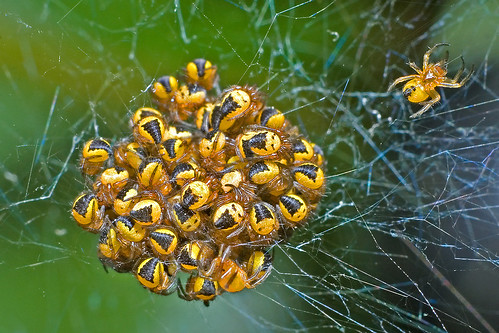Inadequacy of Inclusive Fitness and BeyondThe evolution of social insects often is presented as a testing ground for inclusive fitness theory. It has been claimed that inclusive fitness can explain sex allocation, worker policing, conflict resolution, and evolution of eusociality (14), but precise calculations of inclusive fitness do not exist for any of these phenomena. Relatedness-based arguments, such as the monogamy window hypothesis, are not necessarily wrong but rarely provide a complete picture; moreover, one cannot rely on inclusive fitness to determine when they are correct. The failure of inclusive fitness theory to provide exact calculations is not surprising, because a mathematically meaningful approach to inclusive fitness (72) cannot be performed for the majority of evolutionary processes (5), and the linear regression method (73⇓–75) does not provide meaningful insights and cannot make empirical predictions (76). In general it is not possible to study social evolution from the perspective of an individual by evoking the virtual quantity of inclusive fitness. Instead we should focus on how natural selection acts on alleles that modify social behavior. On the level of genes or alleles, there is no inclusive fitness: Mathematical descriptions of the evolutionary dynamics of genetic mutations do not require a partition of fitness effects (which usually is impossible anyway) or any other aspect of inclusive fitness theory.
These folk have a bee in their bonnett. I - and many other scientists - think it is a stupid one. For homework, I think these authors should write an article explaining - at undergraduate level - why kin selection has been as successful as it has been - including when and why it is useful. At the moment, it doesn't look as though they are clear on these topics. The Price equation can't be used to make empirical predictions? It might be funny if it wasn't so silly and sad. If you don't have a sympathetic understanding of a topic, you are often in a poor position to criticise it. You wind up attacking straw men of your own making.
IMO, probably the main lesson here for other scientists is the value of humility in science. If you are overconfident, nail your flag to the mast and then dig in then it is easy to wind up making a fool out of yourself.
 I briefly analyzed the paper:
I briefly analyzed the paper:
 The popular presentation of the kin selection vs group selection affair still seems to be very confused. For example, consider the coverage of a recent study by some group selection advocates: "
The popular presentation of the kin selection vs group selection affair still seems to be very confused. For example, consider the coverage of a recent study by some group selection advocates: "